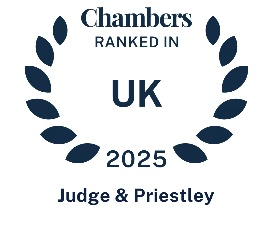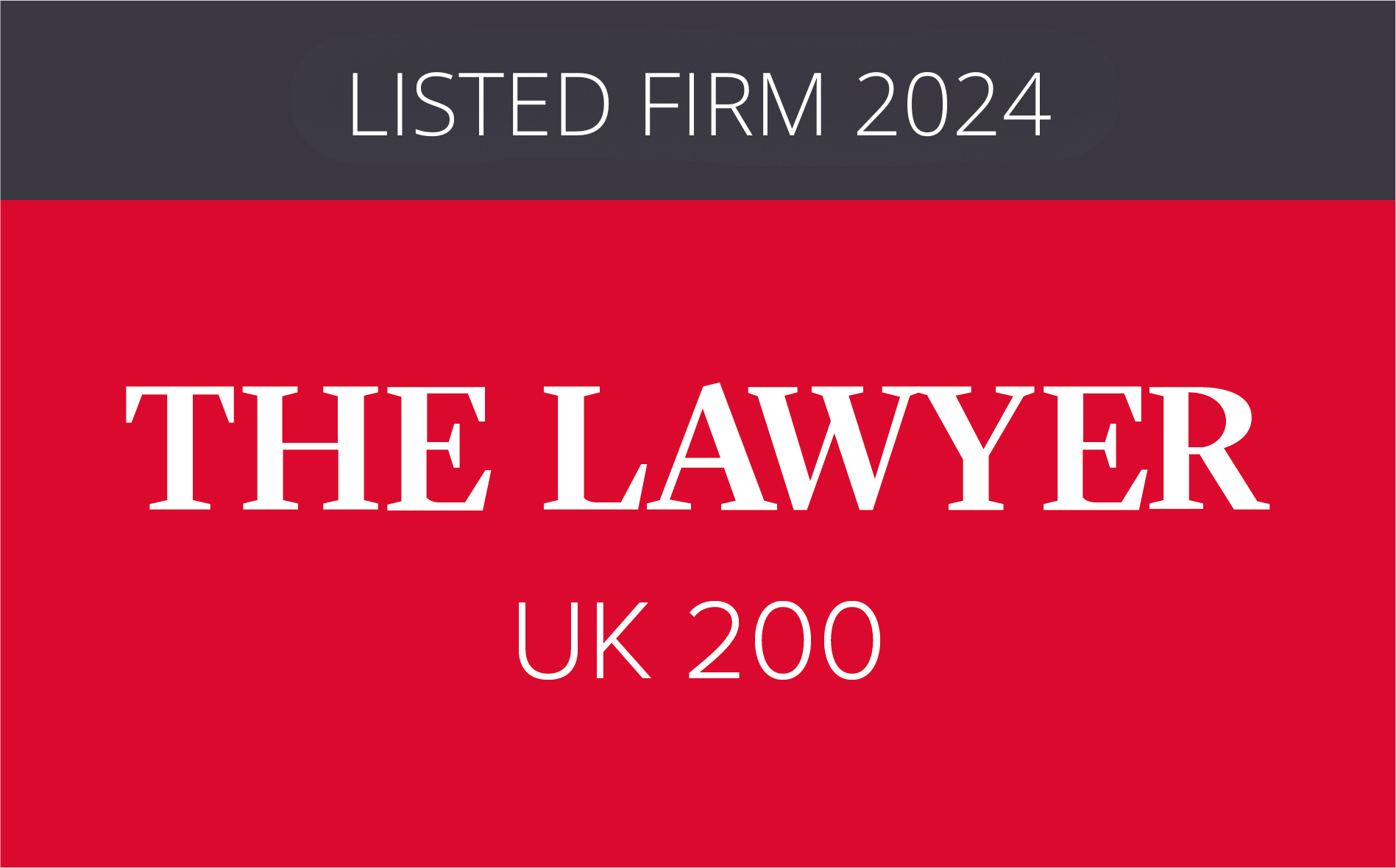- Bromley020 8290 0333
Collective enfranchisement: when a revocable licence in a lease can become an irrevocable right
In the case of 4-6 Trinity Church Square Freehold Ltd v The Corporation of the Trinity House of Deptford Strond, the Upper Tribunal determined that if a qualifying tenant enjoys revocable rights under a lease, then when exercising the right to collective enfranchisement the requirement of permanence requires that those rights must become irrevocable on the completion of the transfer.
Trinity Church Square is a Georgian garden square to the south of the River Thames in the Newington district of the London Borough of Southwark. At the centre of the square stands Trinity Church, taking its name from the Corporation of Trinity House, which acquired the freehold of the Newington estate in 1660 and has devoted the rents and other income of the estate to charitable purposes for more than 450 years. In these proceedings the applicant, Trinity Church Square Freehold Limited, was the nominee purchaser entitled to acquire the freehold interest in three adjoining town houses (now converted into flats) at 4-6 Trinity Church Square from the Corporation under Chapter I of Part I of the Leasehold Reform, Housing and Urban Development Act 1993.
At the rear of 4-6 Trinity Church Square is a garden which the lessees of flats in the building were entitled to use under a licence contained in their leases. It was an express term of the licence that it could be revoked by the Corporation at any time. It was agreed that on the transfer to the nominee purchaser of the freehold in the building, the Corporation would retain the freehold of the garden, subject to the right of the lessees to continue to use it. The main issue was whether the rights to be granted over the garden would continue to be revocable, as the Corporation proposed, or would become irrevocable, as the nominee purchaser sought. There were also some other small issues on the detailed terms of the transfer, including whether the Corporation should continue to have the power to make regulations concerning the use of the garden even though no such regulations were in force and none had ever been made.
The main issue arose because section 1(4)(a) of the Act entitles the Corporation to retain the freehold of the garden if it offers in lieu such “permanent rights as will ensure that thereafter the occupier of the flat … has as nearly as may be the same rights” as those enjoyed when the process of acquisition commenced.
The Upper Tribunal concluded that for the Corporation to avoid the need to transfer the freehold of the garden to the nominee purchaser, the right to use the garden must become irrevocable as otherwise it would not be “permanent” as required by section 1(4)(a). It said that participating tenants, undertaking a collective enfranchisement of their development, were therefore entitled to be granted an irrevocable right to use the garden over which they previously had a revocable licence to use. The Tribunal also decided that the requirement of equivalence in section 1(4)(a) meant that the rights conferred by the lease should continue to be enjoyed subject to the same restrictions as existed at the time the process of acquisition began, and subject also to any power of the Corporation existing on that date to regulate the enjoyment of the rights (i.e., to make regulations governing the use of the garden), whether or not the power had yet been exercised.
If you would like to contact our property team about a lease please call us on 020 8290 0333 or get in touch using our Contact Form











